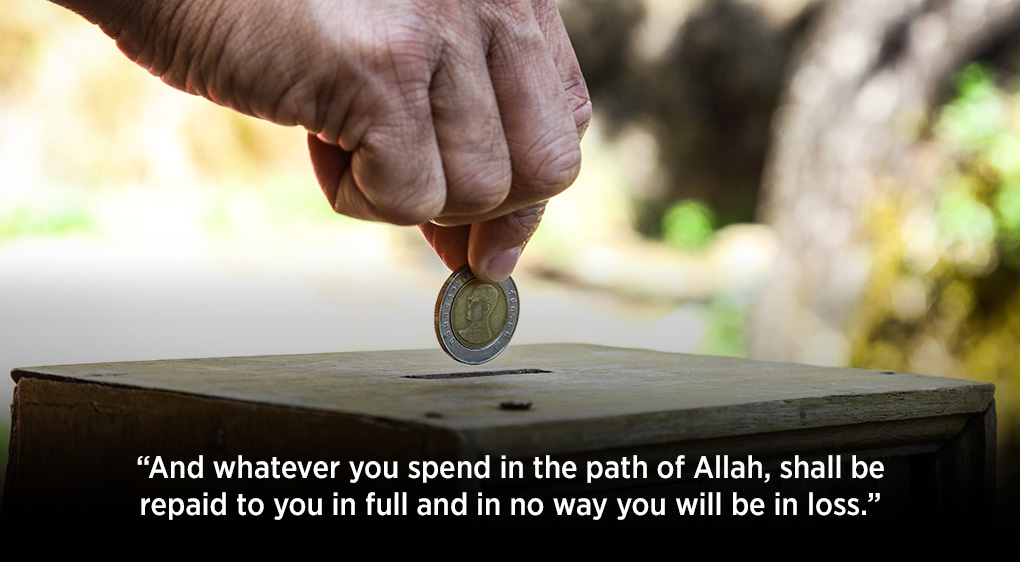
Posted: Oct 13 2023
THE IMPACT OF
LOSING A PARENT:
NURTURING ORPHANS FOR
A BRIGHTER FUTURE
As one of the top Muslim charities in the UK, we understand that losing one or both parents as a child is perhaps the most life-altering event that anyone can experience. Such a devastating psychological and emotional impact has the capacity to leave lasting imprints on a child’s development and future prospects. Unfortunately, millions of children globally are forced to face this reality, and helping orphans in Islamic charities means working to learn about their struggles. This is because familiarising yourself with the struggles faced by others allows you to provide nurturing support to orphans and help them achieve a brighter future. To that end, detailed below are the impacts of losing a parent and how our generous donors can work towards helping the orphans.
Grief and Emotional Turmoil
As a Muslim charity in the UK, we know just how the loss of a parent can trigger a whirlwind of emotions. These emotions include sadness, anger, disbelief, shock, and profound grief. It goes without saying that trying to process and deal with these emotions can be an overwhelming experience, presenting real challenges when it comes to coping with difficult feelings. In fact, in the absence of proper guidance and support, long-term psychological problems can start to develop, including anxiety and depression.
Not only do our orphan appeals work to provide basic necessities to help orphans battle hardship, but they also offer a safe space for children to express their grief. Supporting orphans means much more than feeding and housing them; it also means equipping them to deal with the most complex emotions in the healthiest way.
Educational Disruptions
Due to the damaging emotional impacts of losing a parent, orphans often find that their education is disrupted. It goes without saying that grief can hinder a child’s ability to concentrate, resulting in a decline in academic performance. Similarly, losing one or both parents can lead to financial constraints within the household, meaning that children are often forced to leave school and contribute to their family’s income. Even if a child’s education is only disrupted for a short period of time, the consequences can last a lifetime. This can stunt their future opportunities and perpetuate the cycle of poverty, which is why Orphans in Need works to provide educational institutions and other support organisations. As a result, we’re able to provide targeted assistance to guarantee that orphans are facilitated in continuing their education and pursuing their dreams.
Economic Challenges
As previously mentioned, the loss of one or more parents can lead to severe economic challenges for the surviving family members. From this, orphans are presented with a heightened risk of malnutrition, poverty, and inadequate healthcare.
For this reason, Orphans in Need has established programmes that offer financial support, including job training for widows, affordable healthcare, and other modes of financial support. This is all in a mission to alleviate the burden of poverty and empower those in need to build a brighter future.
Social Isolation
Feelings of social isolation are common in orphans, as they’re often left feeling different from their peers, as they can’t relate to some shared childhood experiences. As a result of this isolation, feelings of loneliness and alienation can also start to set in, which can stunt social development.
Consequently, the programmes established by Orphans in Need work to create support networks for orphans by prioritising inclusivity. With our help, orphans can start to form strong social connections with one another, allowing them to develop a sense of belonging and steer away from the negative effects of isolation.
Coping Mechanisms and Resilience
Orphans have it harder than most, yet they still manage to develop the most powerful coping mechanisms and exhibit remarkable resilience. In order to navigate adversity, orphans will often draw strength from the memory of their lost parent and their innate desire for a better future.
Orphans in Need works to nurture this resilience by providing emotional support. From this, we hope that the orphans in our programme are able to learn valuable life skills and establish a sense of self-worth. We’re always keen to celebrate the resilience of the orphans we work with, as we want to praise their strength and inspire hope and resilience in others facing similar struggles.
Support Systems and Community
When it comes to nurturing orphans for a better future, communities play a significant role. This is because support systems are of the utmost importance for ensuring the well-being of orphans.
In Islam, charity is one of the core principles, meaning the Orphans in Need community is rooted in a love for Allah (SWT). Allah (SWT) deems everyone equal, which is why it’s vital that Muslims share their wealth with those who need it most, such as orphans. With your generous donations, we’re able to provide access to a number of life-saving resources, including healthcare, clothing, food, and emotional support. Such a collective effort works to help orphans feel supported and valued, reinforcing their sense of belonging.
How Can I Help Orphans with Orphans in Need?
You can help orphans by donating to our Widow and Orphan Food Parcel Appeal. With your donations, we’ll help ensure that orphans in the most desperate of circumstances receive regular nutritious meals. Not only is this nourishment potentially life-saving, but it could be the burst of energy that orphans need to break away from the constraints of poverty.







